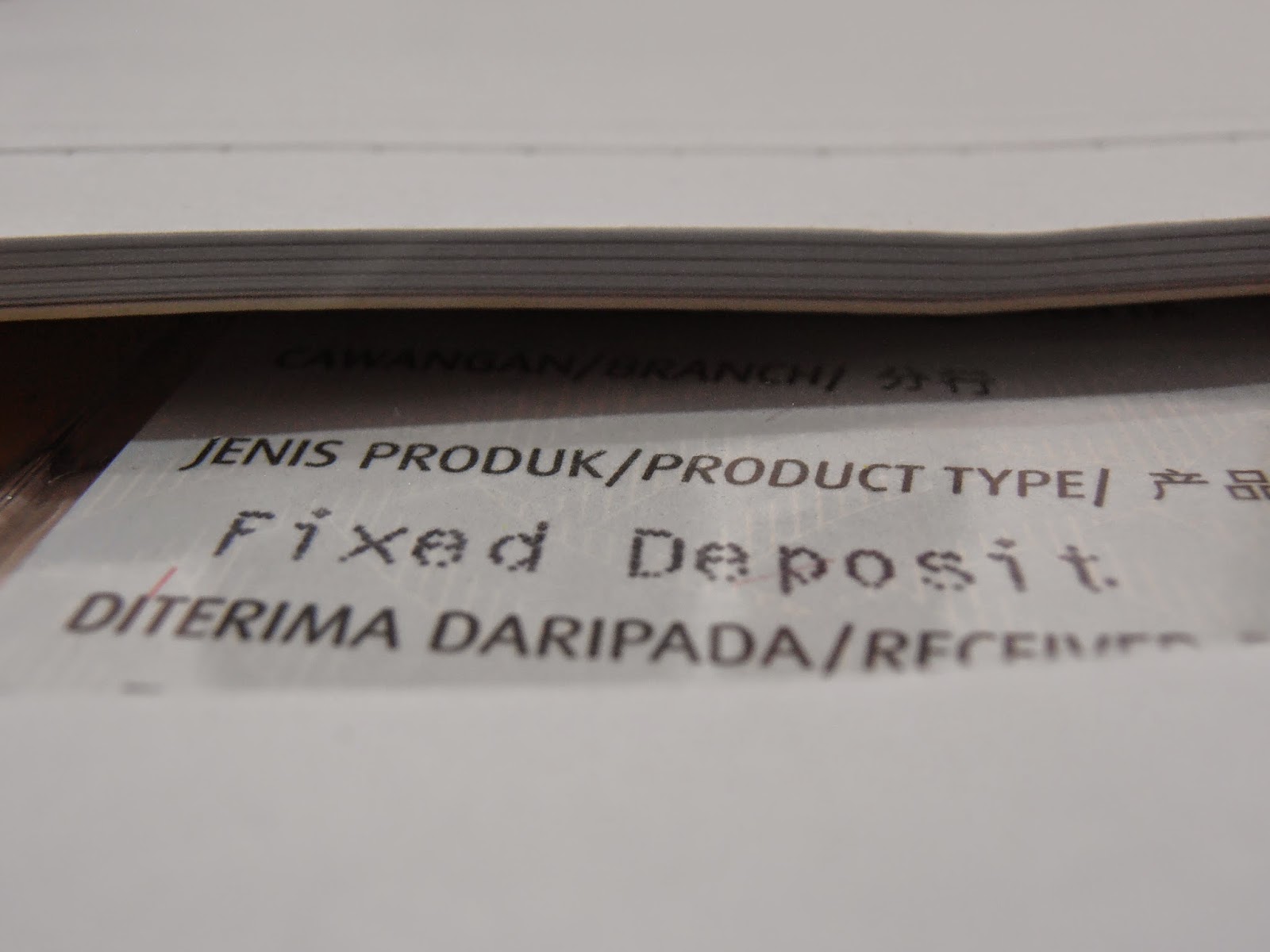All too often we hear about various types of insurance policies without really understanding what they are and more importantly, what they protect. The truth is, there are two main types of insurance, namely life insurance and general insurance which covers different aspects in your life.
1. Life Insurance

Life insurance is an insurance coverage that pays out a certain amount of money to the insured or their specified beneficiaries upon a certain event such as death of the individual who is insured. The coverage period for life insurance is usually more than a year. So this requires periodic premium payments, either monthly, quarterly or annually. There are few types of life insurance too.
a) Term Life Insurance
Term life insurance is basic coverage that generally does not build life insurance policy cash value. Consumers typically buy term life insurance to provide death benefit protection for a specific period of time.
Premiums for term coverage are usually initially lower than other types of life insurance because the policy only provides a death benefit for a defined period. Later, some term insurance policies can be extended or converted into another type of coverage.
However, if you renew or convert your coverage, your new premium will probably be higher than your previous coverage, and can continue to increase as you grow older.
b) Whole Life Insurance
As its title indicates, whole life insurance provides a lifetime death benefit for a set premium amount and builds cash value you can use while you’re living.
The strength of a whole life insurance policy is that it provides guaranteed cash values and benefits in return for fixed premiums. A trade-off to consider is that a whole life policy may build cash value at a lower rate than alternative coverage options.
c) Guarantee Universal Life Insurance
Guarantee Universal life (GUL) insurance policies provide a death benefit as well as the opportunity to build policy cash value. This coverage is different from term and whole life insurance because, within policy limits, you can vary the amount and timing of your premiums. Typically, you can also increase or decrease your death benefit (based on your insurability). As long as you maintain sufficient policy value to keep your policy in-force, your policy’s flexibility enables you to pay premiums as your circumstances allow.
Your cash value in a GUL policy is determined by the amount of premiums you pay, the declared interest crediting set by the insurance company, and policy charges.
As a policy owner, you have more flexibility with GUL than with whole life, but you assume additional risk. GUL policies usually have fewer guarantees than whole life coverage, so you must carefully manage premium payments and any distributions taken to help ensure your policy will stay in-force. This type of life insurance policy usually offers a built-in no lapse guarantee that can last for the lifetime of the insured life or for a shorter period selected by the policy owner.
References : www.insuranceinfo.com.my
 Travel insurance coverage is usually limited to the period of your travel. However, some insurance companies may offer various combinations of protection to cater to the specific needs of customers, including long-term annual policies for a frequent traveller. A travel insurance can be purchased for you or your family to insure against travel-related accidents, losses or interruptions, such as personal accident, medical-related expenses, loss of travel or accommodation expenses due to cancellation or curtailment of the journey, losing your baggage or passport, hijacking... ...
Travel insurance coverage is usually limited to the period of your travel. However, some insurance companies may offer various combinations of protection to cater to the specific needs of customers, including long-term annual policies for a frequent traveller. A travel insurance can be purchased for you or your family to insure against travel-related accidents, losses or interruptions, such as personal accident, medical-related expenses, loss of travel or accommodation expenses due to cancellation or curtailment of the journey, losing your baggage or passport, hijacking... ...

































